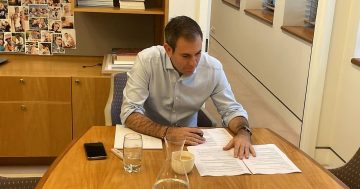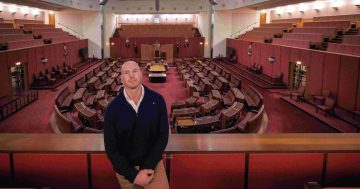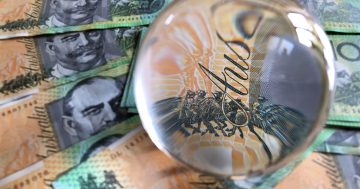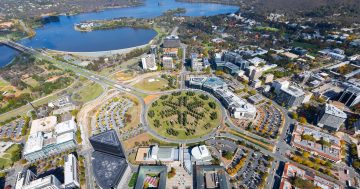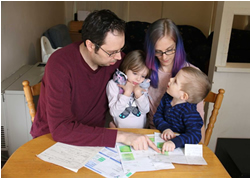 The Australian Bureau of Statistics (ABS) has revealed that in 2015-16 the average Australian household received $76 more per week in Government benefits, both in cash and in kind, than they paid in taxes.
The Australian Bureau of Statistics (ABS) has revealed that in 2015-16 the average Australian household received $76 more per week in Government benefits, both in cash and in kind, than they paid in taxes.
Chief Economist at the ABS, Bruce Hockman said the ‘final income’ of households was calculated after adding Government benefits to private incomes and deducting all taxes.
“Benefits covered those provided in cash, such as pensions, and in kind, such as education and health services, while taxes included income tax, GST and other indirect taxes,” Mr Hockman said.
“For the richest 20 per cent, the Government benefits and tax system has the opposite effect, with these households generally receiving fewer benefits and paying more in taxes.”
He said that overall, the share of private income for the richest group was 47 per cent, which reduced to a 35 per cent share after benefits and taxes.
Across the States and Territories, households in Tasmania received the most benefit after taxes at $360 on average per week.
In aggregate, households in the ACT did not receive a benefit after tax, instead paying, on average, $79 more in taxes than benefits received.
Mr Hockman explained that private income was the sum of all income earned with the exception of Government pensions and allowances.
In addition to sources such as wages and salaries, businesses, investments and superannuation, an estimate of imputed rent was included, which was the value of housing services received from home ownership or by paying subsidised rent.
More details of the Bureau’s findings can be accessed on its website at this PS News link.



